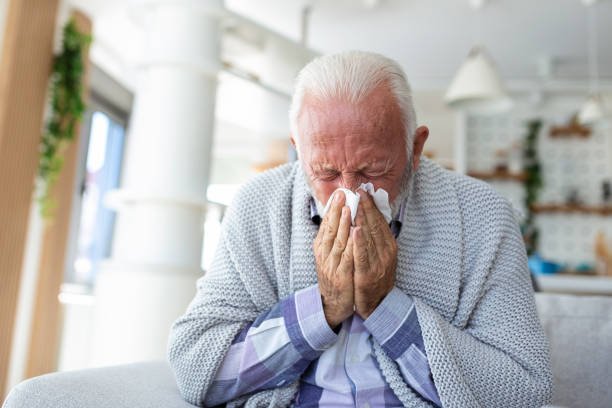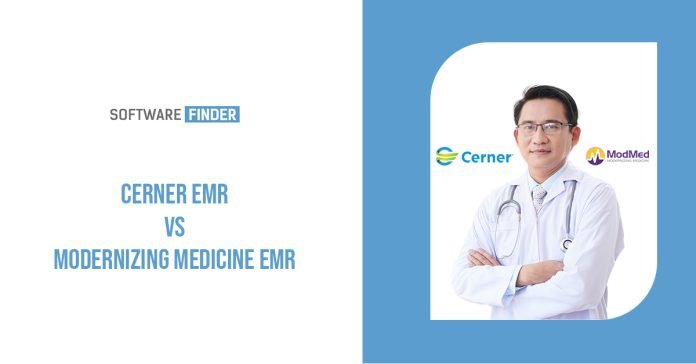Influenza and UTI are widespread infections and can happen to people of all ages. Still, for older adults, especially those over 65, these infections and illnesses may be difficult to diagnose and lead to constant discomfort, chronic poor health, a higher risk of hospitalization, and decreased longevity. However, older adults are more susceptible to infections, and those with dementia or in long-term care may be at a higher risk.
A family caregiver must learn about the most common infections and their symptoms that occur in senior years. Some nonspecific symptoms include loss of appetite, mental and emotional changes, a decline in physical and mental functioning, sudden falls, and incontinence. Home Care Phoenix experts suggest family caregivers remain alert to sudden changes in their senior loved one’s health and take preventive measures to prevent infections. Here are some most common infections that occur in senior years.
UTIs (Urinary Tract Infections)
According to many studies, UTIs, or Urinary Tract Infections, are the most common bacterial infection in older adults. Diabetes and using catheters are significant factors increasing the risk of UTIs in seniors. Sudden behavioral variations like the worsening of dementia and the onset of urinary incontinence are common warning signs, but discomfort or pain don’t usually happen in seniors with UTIs.
UTIs can be confirmed by urinalysis or another test to determine the diagnosis, and the physician may prescribe antibiotics if necessary. Although, family caregivers should make sure their senior loved one drinks plenty of water throughout the day to prevent UTIs.
Skin Infections
Changing skin and decreasing fast healing ability, and resisting diseases make older adults more vulnerable to skin infections. Pressure ulcers, herpes zoster (shingles), cellulitis, fungal or bacterial foot infections (commonly found in diabetic seniors), and drug-resistant infections are some of the viral skin infections found in seniors. Families must know if their elderly loved one has unusual skin itching and lesions and consult a doctor for treatment if they feel uncomfortable. Most infections are treatable, and others, like shingles, are preventable by a vaccine. Help your loved ones keep skin infections at bay by maintaining good hygiene. You can even take assistance from a professional senior home care provider who encourages seniors to practice good personal hygiene.
Bacterial Pneumonia
Over 60% of older adults over 60 get hospitalized because of pneumonia. Various risk factors contribute to bacterial pneumonia in seniors, including changed lung capacity, increased contact with diseases in social settings, and greater susceptibility because of other conditions such as diabetes or cardiopulmonary disease. According to research, typical symptoms like chills, fever, and cough are not often found in seniors; non-respiratory symptoms like confusion, delirium, and weakness are frequently observed. Doctors commonly prescribe antibiotic treatment for bacterial pneumonia. Although, some types of pneumonia can be successfully prevented in seniors by pneumococcal vaccine.
Influenza (Flu)
Influenza, also known as the flu, is a respiratory virus infection. The flu is characterized by fever, cough, and body pains. The flu can be especially severe in the elderly, leading to complications like pneumonia.
Due to compromised immune systems and underlying medical conditions, seniors are more susceptible to influenza. Additionally, seniors are more likely to experience severe flu symptoms and complications, which can result in hospitalization and even mortality.
Gastrointestinal Infection
Diarrhea, vomiting, and abdominal discomfort are common symptoms of gastrointestinal infections like gastroenteritis and food poisoning, both common among seniors. Microbes or viruses in contaminated food or drink cause these infections.
Seniors are more prone to gastrointestinal infections due to compromised immune systems and medical conditions like diabetes or kidney disease. Nursing home and long-term care inmates may be at risk for gastrointestinal infections due to close quarters and shared meals.
Prevention
Regarding infections in the elderly, prevention is essential. Seniors may adopt the following measures to reduce their risk of infection:
- Immunization against influenza, pneumonia, and other infectious diseases
- Hand washing frequently and exhaustively
- Avoiding intimate physical contact with sick people
- Maintain a healthful diet and exercise regimen to enhance immunity.
- Control underlying medical conditions through routine examinations and medication administration.
It’s a never-ending battle to keep elderly loved ones healthy and satisfied, but carers can remain one step ahead by anticipating their needs. If caring for an elderly relative while juggling other obligations becomes too much to handle, it may be time to look into expert Phoenix home care assistance.
Visit Here>>>



